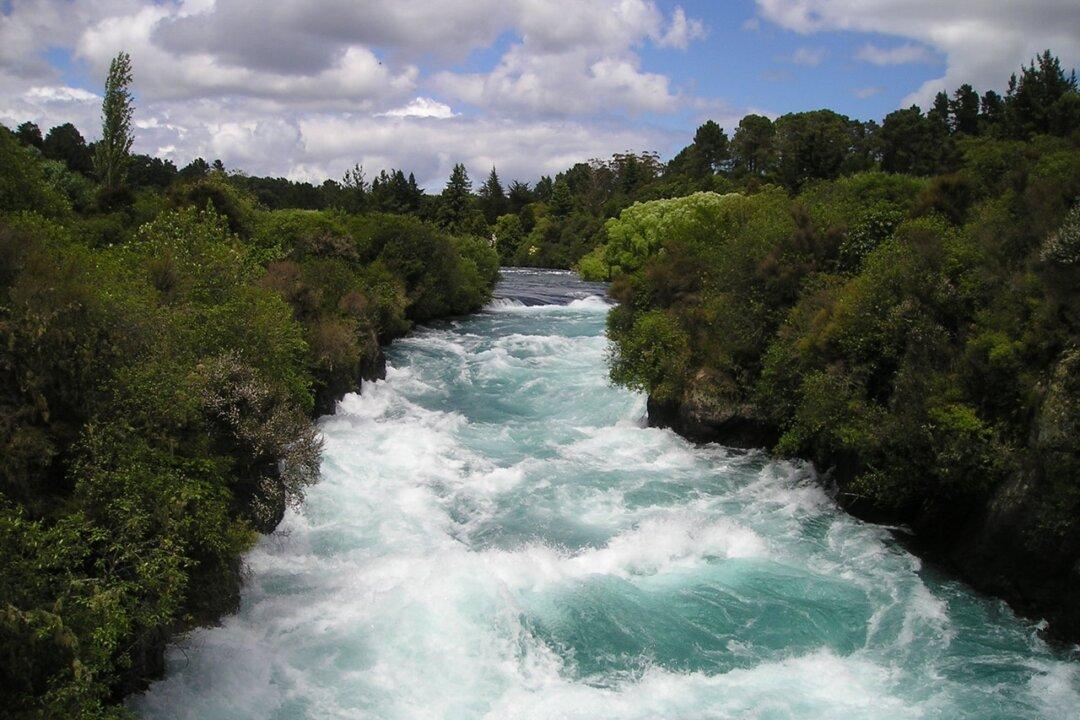According to the Global Footprint Network, humans have already used all of Earth’s replenishable resources for this year as of August. The so-called “Earth Overshoot Day” has crept up the calendar from December 29th in 1970 to August 1st in 2018.
The more we consume beyond their estimate of Earth’s ability to regenerate resources, the earlier the date: “The date of Earth Overshoot Day is calculated by comparing humanity’s total yearly consumption (Ecological Footprint) with Earth’s capacity to regenerate renewable natural resources in that year (biocapacity),” the organization states on their website.

